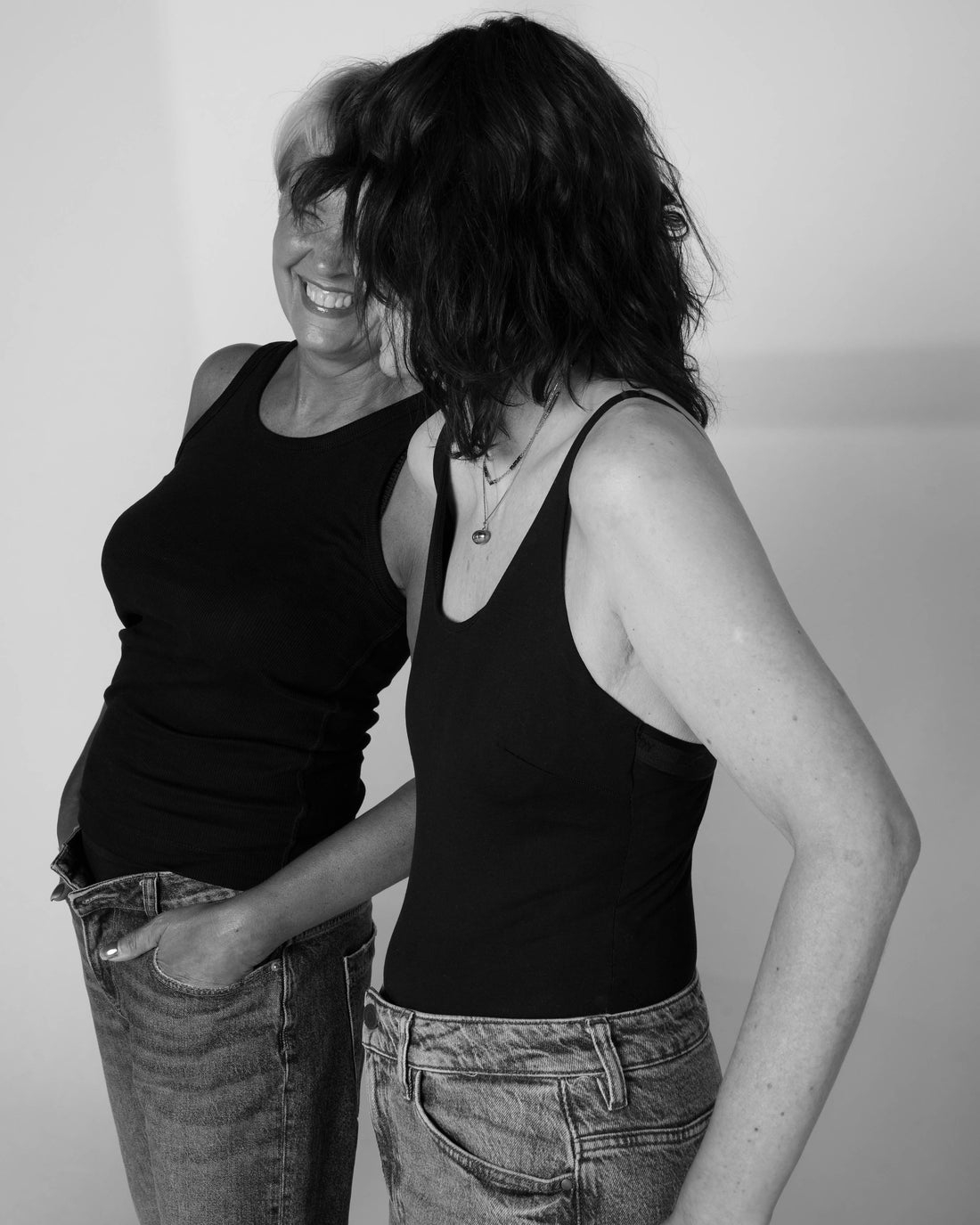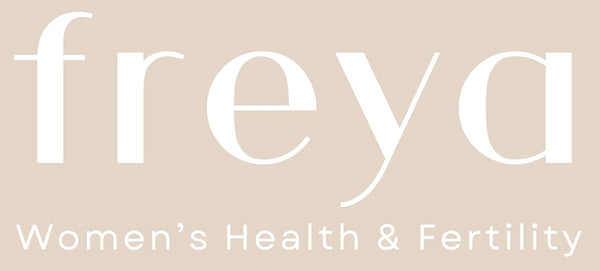
Menopause Mastery: Prioritise Bone and Muscle Health for a vibrant, longer Life!
Oestrogen is important for maintaining bone structure and metabolism of muscle. As oestrogen declines in menopause, nutrition and exercise to support the musculoskeletal system is particularly important.
Foods to support bone & muscle health
Phytoestrogens to boost oestrogenic effects: organic tempeh/ tofu, edamame, chia, flax, cruciferous veggies (sprouts, cabbage, broccoli), berries.
Vitamin D for bone density: wild caught oily fish, (salmon, herring, mackerel, herring, anchovies), fish oil, organic eggs and beef liver, wild mushrooms and chlorella.
Vitamin K to deposit vitamin D into the bones: fermented foods: kimchi, sauerkraut, kefir, live yoghurt
Vitamin C for cartilage and collagen production: red peppers, citrus fruits, berries, collagen peptides (bone broth)
Magnesium to help maximise absorption of calcium and vitamin D: Leafy greens, almonds, avocado, cacao, quinoa
Exercise to support bone and muscle health:
Weight baring exercise is vital for maintaining bone and muscle mass and preventing sarcopenia (muscle loss) and osteoporosis (bone density loss) as hormones continue to decline. Strong connective tissue is important to support joints and stabilise balance, reducing the risk of falls and fractures. The data shows that frailty can reduce a woman’s life expectancy by 3.5 years.
So what can you do to preserve and build muscle and bone mass?
- Resistance training with weights (high-load, low-repetition exercises)-Squats, deadlifts, lunges, pulls, and pushes. You can try performing 4 to 5 sets of 6 or fewer repetitions at about 85% of your one-rep maximum.
- High-velocity resistance training- This type of training involves performing exercises as explosively as possible, while still maintaining proper form. You can try starting with a lower weight and adding more as you get comfortable
- Pilates- This weight-bearing exercise focuses on core strength, which is where muscle weakness and menopausal weight gain often occurs.
- Kegel exercises- These exercises can help strengthen your pelvic floor muscles, which can improve bladder control and prevent incontinence which can sometimes be experienced in later stages of menopause particularly as oestrogen declines.
Cardio workouts should be kept to a minimum, (three 15-minute sessions per week). Menopause induces a stressed state upon a woman’s body therefor high intensity cardio can spike cortisol too much and exacerbate an already stressed HPA-axis
Working with a menopause fitness professional can help you learn proper technique and progress safely.
I highly recommend Cheryl, The Menopause Fitness Coach to help you navigate your menopause fitness goals. Together we can create a fully comprehensive menopause program tailored specifically to you.
